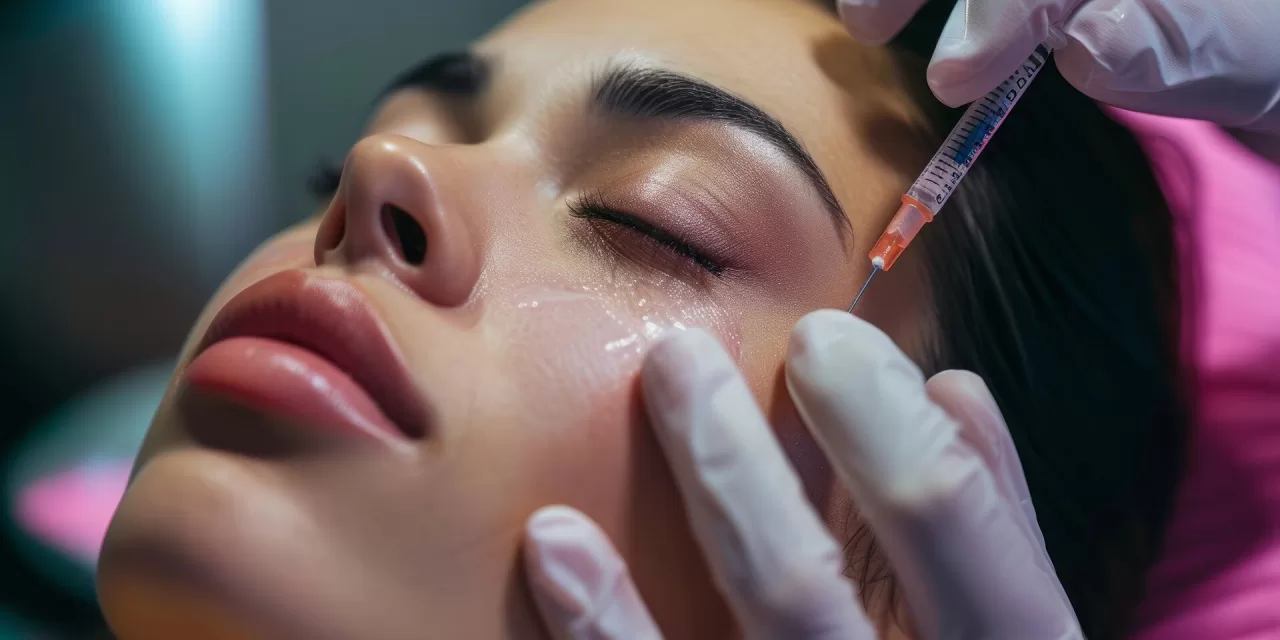A new study has revealed that one in six parents in the United States supports their teenage children undergoing non-surgical cosmetic procedures such as laser hair removal, chemical skin peels, teeth whitening, and dermal fillers. The findings, published on Monday by the University of Michigan Health CS Mott Children’s Hospital, provide insights into parental attitudes toward aesthetic treatments for minors.
According to the study, which surveyed 989 parents of teenagers aged 13-17 in August 2024, over 16% of respondents expressed support for teenagers receiving these treatments for any reason, provided they had parental approval. However, half of the parents only supported such procedures if a valid reason was present. Notably, 50% of parents stated that bullying about appearance should not be considered a valid reason, while fewer than 40% agreed that improving mental health justified the treatments.
Dr. Susan Woolford, Mott Poll Co-Director and pediatrician at Mott, noted that parents were divided on when non-surgical cosmetic procedures are appropriate for teens. “Interestingly, similar proportions of parents rated the validity of teenagers wanting to look good for a special occasion on par with wanting the procedures due to mental health concerns or bullying,” Woolford said.
The study suggests that the rising popularity of non-surgical cosmetic procedures among teenagers may be influenced by social media, which often presents idealized and digitally enhanced images of faces and bodies. Woolford emphasized that such portrayals could lead to insecurity among adolescents and increase pressure to conform to unrealistic beauty standards.
“Teenagers are susceptible to feeling insecure about their appearance when compared to digitally altered pictures depicting an appearance that is probably unattainable naturally,” Woolford explained. “This problem is exacerbated by the pressure to post pictures of themselves to garner validation.”
Woolford advised that parents should help their teenagers critically assess the unrealistic beauty standards portrayed in media while also exploring their underlying motivations for wanting cosmetic procedures. “If a teenager asks for a non-surgical cosmetic procedure, parents should consider the emotional and mental health implications,” she added.
Parental opinions on the appropriate age for such treatments varied significantly. More than half of the respondents felt that individuals should be at least 18 years old to undergo these procedures. Meanwhile, 27% supported the idea for teenagers aged 16-17, while 17% found ages 15 or younger to be acceptable. Nearly one-third of parents opposed allowing minors to receive such treatments under any circumstances.
Disclaimer:
This article is based on survey data and expert opinions. The decision to undergo non-surgical cosmetic procedures should be made with careful consideration of medical advice, emotional well-being, and long-term effects. Parents and teenagers should consult qualified healthcare professionals before making any decisions regarding aesthetic treatments.












